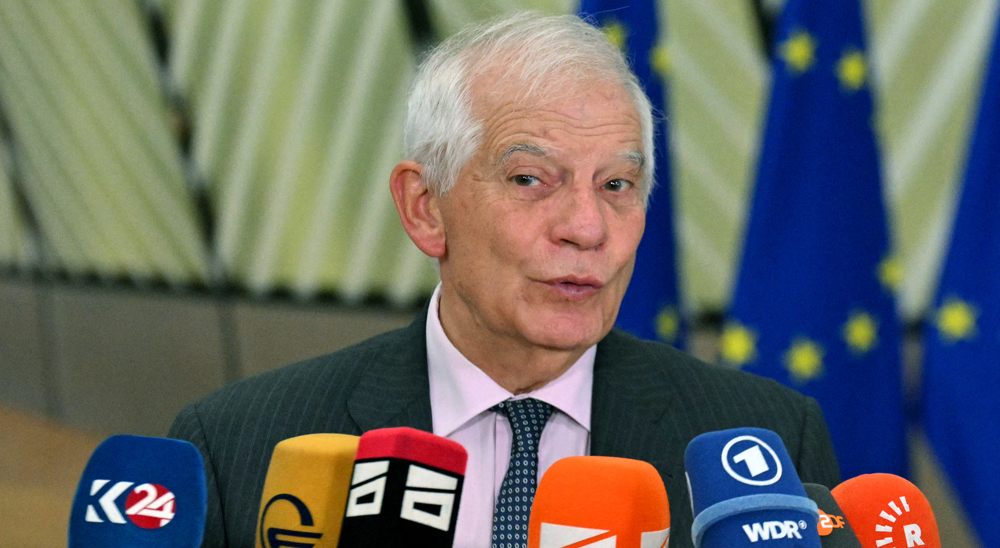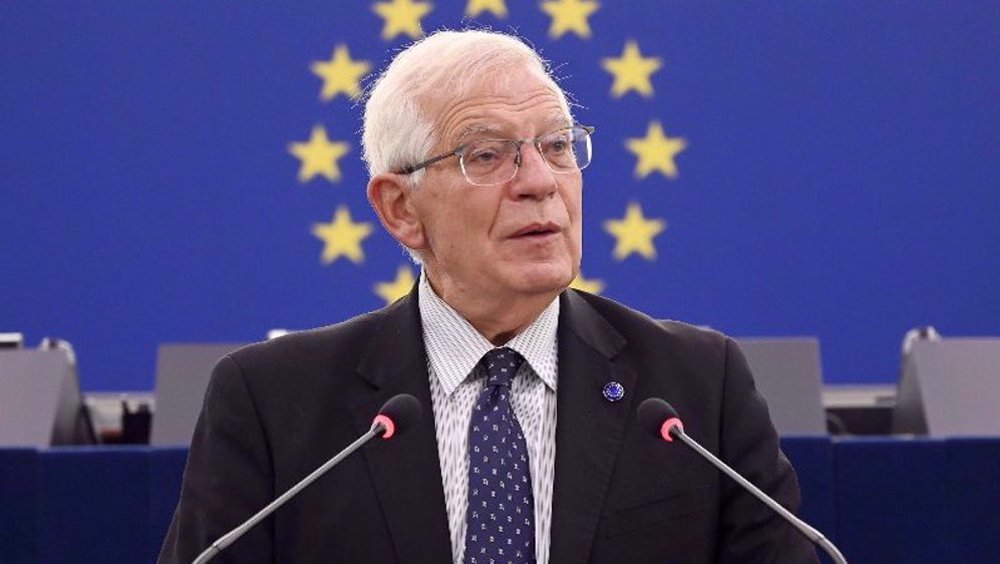Greek president tasks new anti-austerity party with forming government
A new anti-austerity party formed by the Greek lawmakers who recently left Prime Minister Tsipras’ ruling Syriza Party in a show of protest has been given the mandate to form a coalition government in an effort to avoid snap polls in the country.
Panagiotis Lafazanis, the leader of the newly-formed Popular Unity Party, received the mandate from Greek President Prokopis Pavlopoulos in the capital, Athens, on Monday after the liberal-conservative New Democracy Party failed to form a coalition.
Lafazanis has promised to steer the country away from austerity.
“Popular Unity is the force that wants to represent and express the “OXI” (No) with consistency, firmness and tip the end. The referendum’s “NO” is not defeated,” he said in reference to a June 25 plebiscite, in which the Greeks overwhelmingly voted against the tough austerity measures required by the country’s international creditors in exchange for a third bailout package.
The then government, however, opted against the people’s will and accepted the reforms demanded in exchange for the bailout.
The Popular Unity now has three days to form a coalition.
Neither of the two parties is expected to find coalition partners, a situation which will set the stage for early elections in the country after Tsipras stepped down last week. The premier has proposed September 20 as the date for the snap vote.

The origins of a splinter group
Tsipras’ resignation came amid a rift in his Syriza Party. Disagreements emerged after dissident lawmakers denounced the premier for what they called reneging on his anti-austerity promises, which brought him to power in January elections.
Eurozone finance ministers approved Greece’s third debt bailout on August 14 after the Greek parliament endorsed the rescue package following a tough all-night debate.
The decision to renew the bailout program garnered harsh criticism within the ruling party, and dozens of Syriza MPs voted against the deal.
Greece received two bailouts in 2010 and 2012 worth a total of EUR 240 billion (USD 272 billion) from its troika of international lenders – the European Central Bank (ECB), the European Commission and the International Monetary Fund (IMF) – following the economic crisis that hit Greece in 2009.
VIDEO | Sydney protests demand action as Israel faces ICC warrant for war crimes
Iran to host ‘important’ ECO foreign ministers' meeting in Mashhad
Wounded in Israeli strike, health of Kamal Adwan Hospital's director worsens
VIDEO | Press TV's News Headlines
Iran reports 11% drop in domestic red meat supply
Arab League affirms support for Iraq amid Israel's threats of military action
VIDEO | Fierce fight in Southern Lebanon
Over 1000 medics killed in Gaza as Israel systematically targets hospitals










 This makes it easy to access the Press TV website
This makes it easy to access the Press TV website